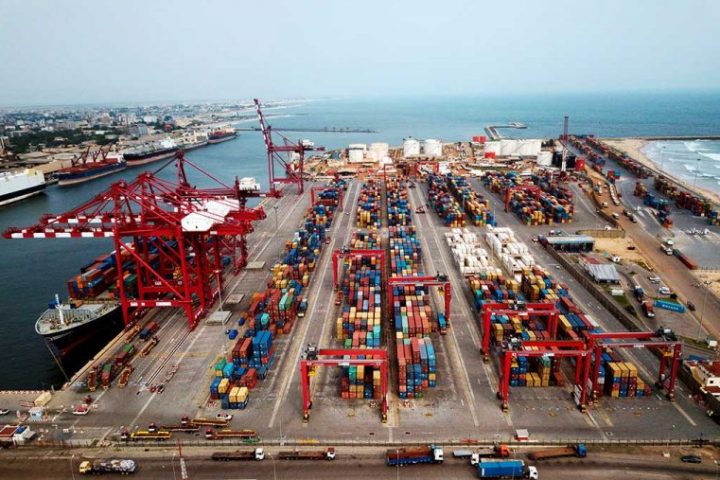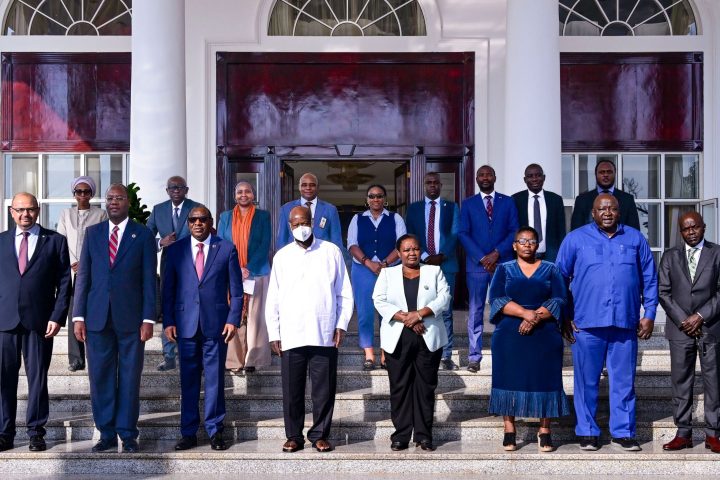Nasiru Salami, the president of the Transborder Traders Association, voiced concerns about the impact of Nigeria’s forex policies on cross-border trade within Africa.
Salami highlighted the challenges faced by small and medium enterprises (SMEs), emphasizing the difficulties encountered in repatriating export proceeds due to government regulations. He cited the requirement to transfer foreign exchange back to Nigeria as a hindrance, particularly for traders dealing in commodities like gold.
Join our WhatsApp Channel“The government’s mandate to repatriate export earnings creates obstacles for traders, especially for those dealing in goods like gold. Expecting individuals, especially from lower-income brackets, to navigate the complexities of foreign exchange transactions is unrealistic,” Salami explained.
He also pointed out the impracticality of expecting traders to conduct transactions through formal banking channels, citing the limitations faced by many in accessing these services.
READ ALSO: Economic Expert Highlights Implications Of CBN’s Forex Sales To BDCs
Salami emphasized the need for a more coordinated approach from the Nigerian government, expressing frustration at the enforcement of regulations that are not uniformly applied across the Economic Community of West African States (ECOWAS) region.
“It’s essential for the Nigerian government to streamline its policies, as it appears to be the only country rigorously enforcing such regulations. Other ECOWAS countries do not impose similar requirements,” he remarked.
Regarding the impact of exchange rate fluctuations on transborder trade, Salami suggested waiting until the end of the month to assess the effects of recent changes in the dollar-to-naira exchange rate.
He also highlighted the significant role played by neighboring countries like Niger Republic in supplying goods to Nigeria, particularly in the livestock sector. Despite bans on certain imports, trade between Nigeria and other African nations often operates on a barter system, with goods exchanged for agricultural products or manufactured goods.
Salami’s remarks shed light on the complexities and challenges faced by transborder traders in navigating regulatory frameworks and currency exchange requirements, underscoring the need for policy adjustments to facilitate smoother intra-African trade.
Emmanuel Ochayi is a journalist. He is a graduate of the University of Lagos, School of first choice and the nations pride. Emmanuel is keen on exploring writing angles in different areas, including Business, climate change, politics, Education, and others.



















Follow Us